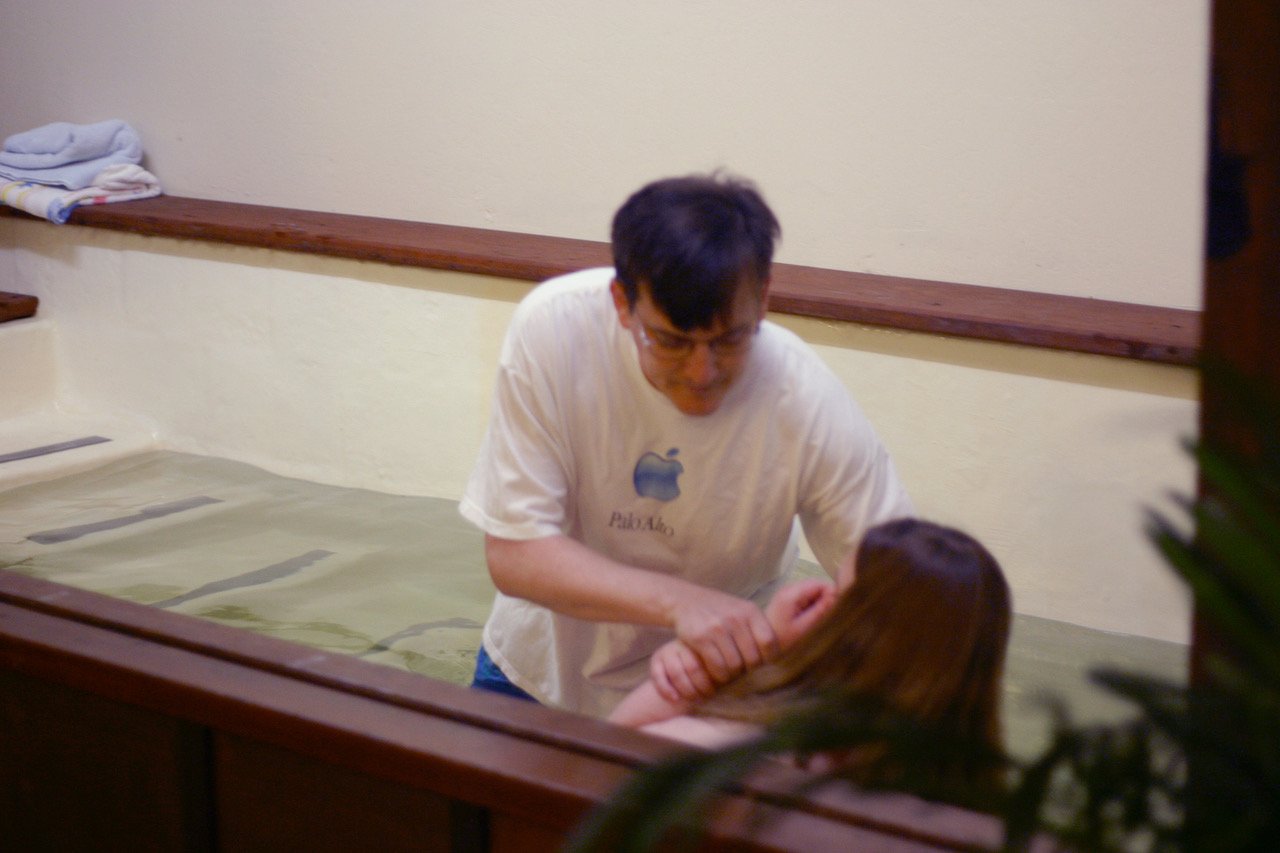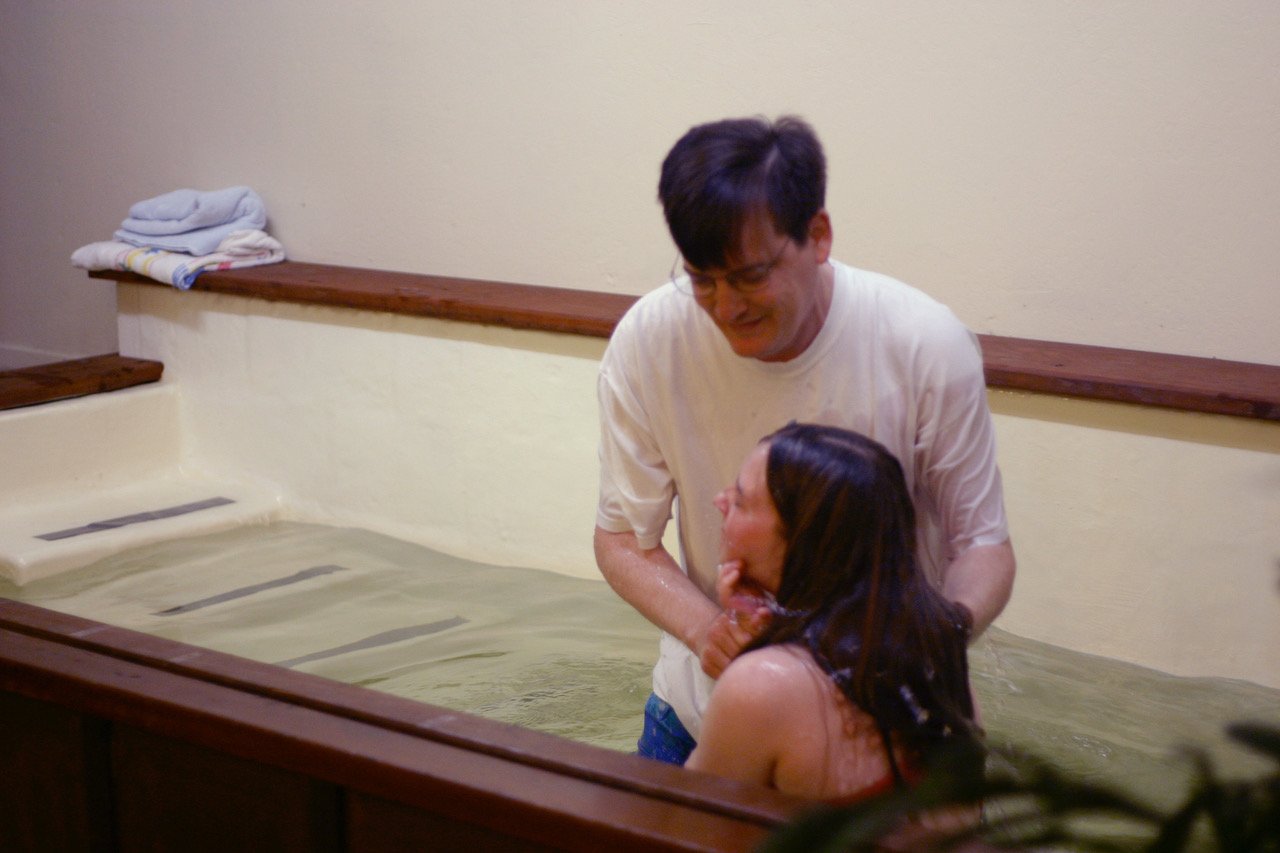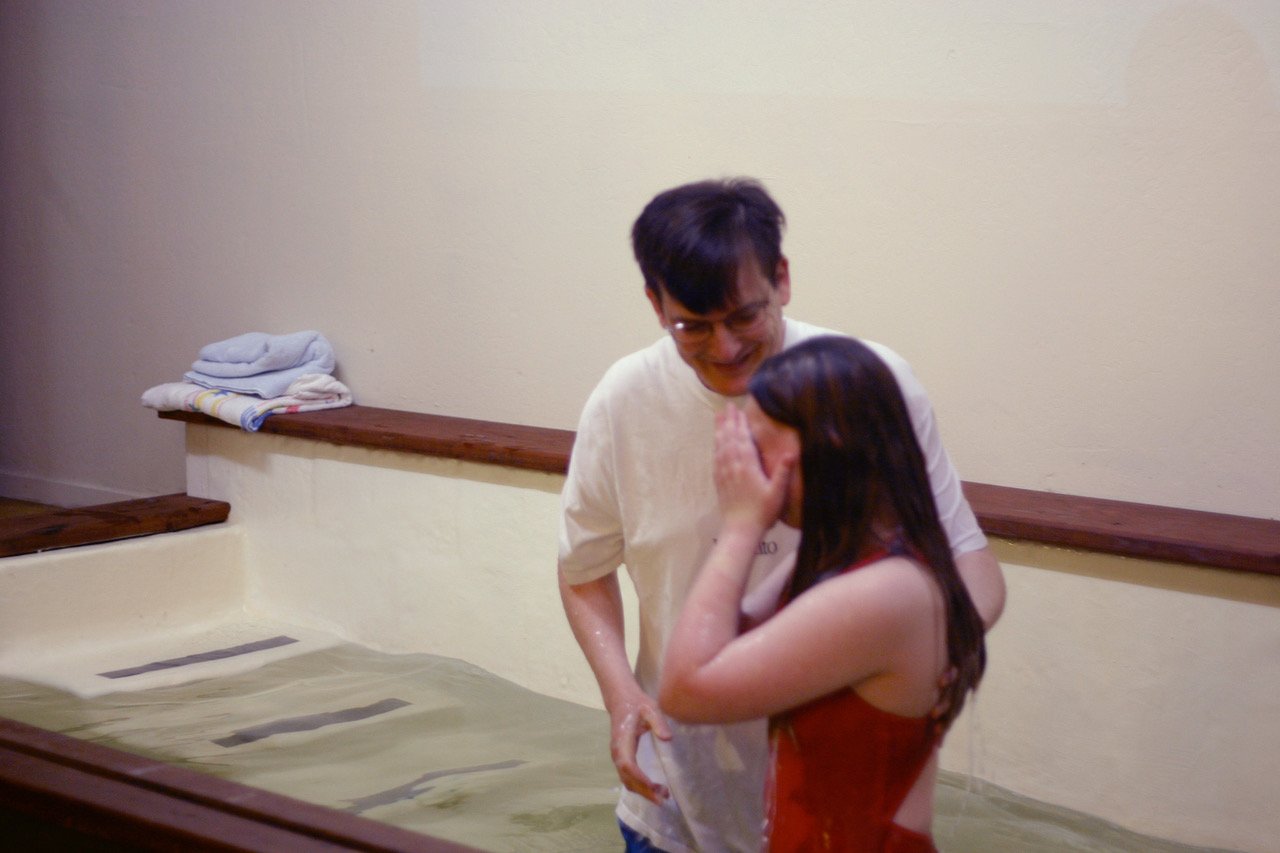By Dorothy Mitchell
My father is not in the best of health right now, but he is getting better. The primary spiritual culprit behind the attacks on his health was found a little while ago.
So it puzzled me that this month in August/Elul I began repeatedly hearing a lyric from the notorious anime Kill la Kill, a show that, in a nutshell, follows a girl on a quest to avenge her father’s murder (and stumbles on a piece of rejected armor): I’ve got to find out who killed my dad; I hear the voice of you in my mind...
As I pondered this all month, I assumed that God was saying I needed to figure out who or what had been plotting against my earthly father, but finally it dawned on me that perhaps I was wrong. He might have been talking about himself. I accepted Jesus and asked God to adopt me into his family a long time ago, so God is also my Father. Jesus knew him as Father and taught us to pray to him as Abba (Daddy) so we could know him as Abba Father.
God wants to be close to us. Sometimes, the enemy of our souls plots against God through us. The easiest way to get to us is not to let any relationship begin in the first place. Sowing doubt and sabotaging trust and relationship in us as early as possible makes sense to the rebellious ones. That’s what would surely hurt him most.
I spent a good deal of my early life acting and feeling loyal but detached from God, as if God were dead, uncaring, unreachable, immovable — the unknowable, ineffable, deist watchmaker god. But who gave me that idea? Who told me he was dead? Who deceived me and killed his image in my mind, and made it so I couldn’t approach him as Father, let alone as Daddy? Sure, the culture put words to the idea, and egged it on, and sure, my own earthly father wasn’t perfect. But it was completely blown out of proportion.
God’s not dead, he’s surely alive! He’s living on the inside, roaring like a lion...!
I also assumed that it was ME who needed to figure this out. But I think I was wrong. I realized that God has his own detectives (I’ve seen him deploy them); I merely needed to give him permission to use them.
Father God, I ask you to find all those culprits, plotters, and schemers who attempted to poison your image and sow discord and distrust into my relationship with you. Release your divine detectives. Track all sabotage back to its source. Account for every blow dealt against me and my earthly father and the fathers before him on earth and between earth and heaven in an attempt to distort relationship between me and my heavenly Father God. I ask you to take the culprits to court and deal with them most harshly. I give you my record of wrongs and ask you to get justice for me. I am sorry for any way in which I agreed with them knowingly or unknowingly. I renounce them completely. You are a good father. You are my good daddy. You are love. I reject all false blueprints or mappings that were superimposed over your image in my heart. Please tear them down and take them away. I want to know you, God, the way Jesus knew you, too.












